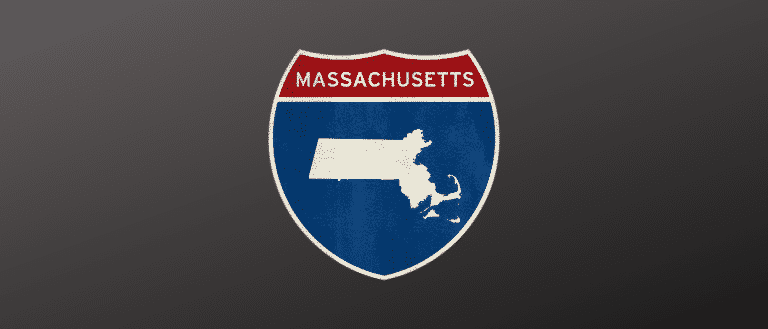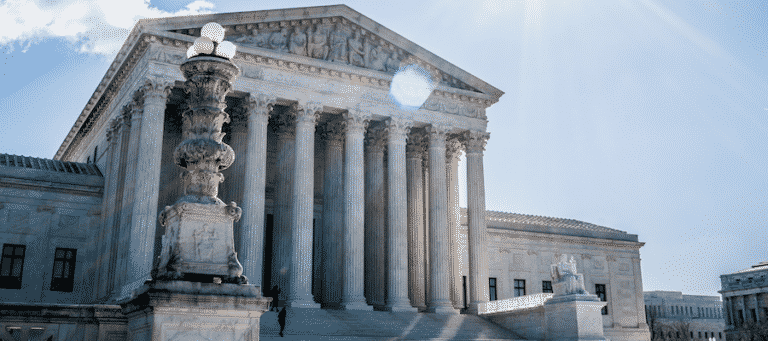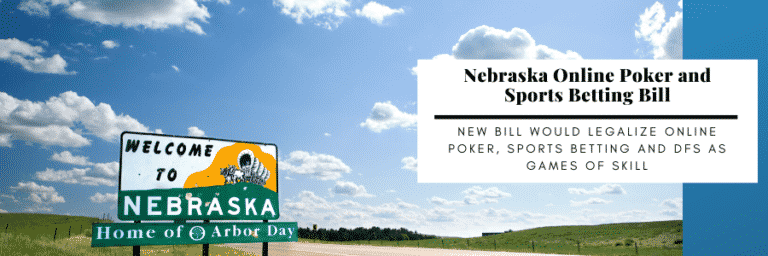Is the New Jersey Sports Betting Law Unconstitutional?

When the Supreme Court struck down the Professional and Amateur Sports Protection Act (PASPA) last year, it was a shining example of the legal system at work. A law that had been around since 1992 was challenged and deemed unconstitutional, making it invalid.
It would be nice if erroneous laws were not passed and treated as valid for 36 years in the first place, but that’s why the system itself is designed to provide a path for correcting mistakes from the past. Politicians are far from perfect, but until the world can learn to live without them, the fruits of their imperfections will live on.
Of course, when one mistake is corrected, it is up to the current elected officials not to make another one. It doesn’t matter if a mistake was made with the best of intentions in mind. When it comes to the laws that govern the country, if there is a reason for the validity of one to be questioned, then it should be questioned.
Yes, even if it does mean that the law that legalized sports betting in New Jersey is deemed unconstitutional.
The Root of the Problem: Integrity
The issue many have had with the concept of legalized sports betting is how to protect the integrity of the game. Yes, placing a wager can be fun for fans, but what about the possibility of someone with some money on the line trying to influence the outcome of a game?
Sports betting scandals have been the subject of countless movies and television shows, and it has happened before in the real world. The Black Sox scandal was just one of the most high-profile scandals to rock professional sports in the US. What’s to say it can’t happen again today?
That is why the NFL and MLB claim they need an integrity fee in states where sports betting is legal. They say the fee is necessary to ensure the league can adequately protect the integrity of their games now that the US has moved to legalize sports betting.
So far, lawmakers aren’t buying the premise, and integrity fees have failed to materialize in any state that has passed legislation. If anything, legalization has made the leagues’ job easier now that sports betting can take place on licensed platforms headquartered in the US and regulated by government agencies.
However, some lawmakers are worried about college sports.
Since college athletes are often a lot like other college students (i.e. broke all the time), they may be more susceptible to temptation. The NCAA had a longstanding policy of banning championships anywhere gambling is legal in an effort to protect the integrity of its games and to emphasize its opposition to legalization.
That ban was lifted last year.
“We anticipate that probably by 2020 or 2021 there will be potentially 30 states that are allowing sports wagering,” said NCAA Senior VP for Championships Joni Comstock. “We’re going to have to work in the environment that we have.”
Gambling is still a concern of the NCAA, and it has strongly discouraged players from even placing a bet on a game. But the NCAA can only do so much.
A few states decided they needed to protect the integrity of college sports, at least where in-state teams are concerned, that is. Laws passed in Delaware, Rhode Island and New Jersey prohibit wagers on in-state college teams. Mississippi, Nevada, New Mexico, Pennsylvania, and West Virginia have no such restrictions.
Massachusetts has yet to pass a bill, but the one recently introduced by the governor would ban betting on college sports. New York’s new law prohibits betting on in-state teams. However, the District of Columbia’s new law includes no language concerning local colleges.
That different states have taken different approaches is no surprise given the Supreme Court’s decision to put the power back into the hands of the states. So, what is the potential problem in New Jersey that could become a constitutional issue?
The Dormant Commerce Clause
Analysts recently raised a compelling argument over a potential question involving the New Jersey restrictions regarding in-state teams and the Dormant Commerce Clause of the Constitution.
The Constitution was designed to protect a lot of things, with one of those things being interstate commerce. After all, if the 13 colonies and future states were to survive, they were going to have to do business with one another. But, they were going to need to conduct business in a fair and unbiased manner.
States are not supposed to pass laws that interfere with interstate commerce. That is, they cannot pass laws to favor local products over out-of-state products. A balancing test is to be applied whenever there may be a question of local interest being favored to an extent where interstate commerce is impeded.
If the effects are incidental, there is no issue. A question of constitutionality arises when the benefit is clearly excessive and/or purposeful.
The Supreme Court has been known to rule against state laws that show too much preferential treatment to in-state interests. So, how could this impact sports betting in New Jersey?
Holden presents an argument that New Jersey is showing favor to in-state college teams in its efforts to protect their integrity over out-of-state colleges. He contends that the court will ask if there is sufficient reason for the state to favor its schools over other states.
Since it would only take a short car ride for gamblers to reach a sportsbook in Pennsylvania, he doesn’t think the justification holds up.
Is the NJ Sports Betting Law Constitutional or Not?
The Supreme Court has said that betting on sports does qualify as interstate commerce. With that being the case, Holden contends that only protecting the integrity of in-state colleges could be seen as overly preferential treatment.
Of course, until someone challenges the constitutionality of the law, it will not matter. It is doubtful that anyone will want to take on that fight unless they think the revenue that stands to be made will outweigh the legal costs of challenging the law. Will anyone really want to challenge the law that makes it legal to bet on some sports (just not local college teams)?
You never know—but probably not.
Tania brings over 10 years of experience as a gambling industry reporter to BettingUSA.com, providing frequent news coverage and coverage of current events.






